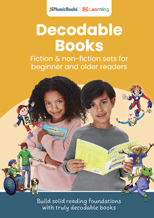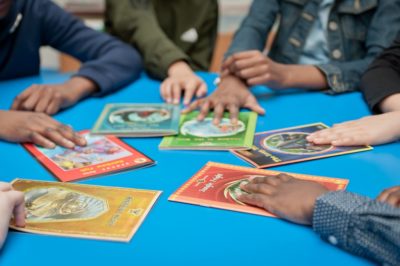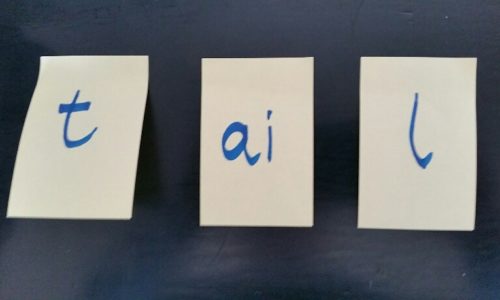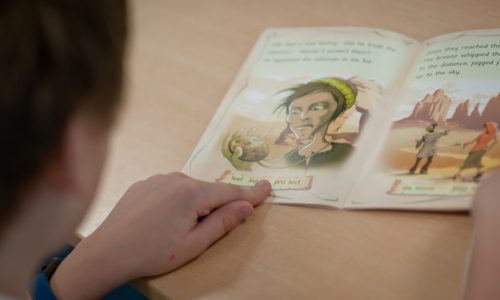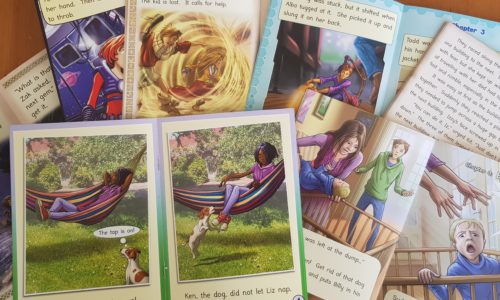
Stanilas Dehaene, a leading neuroscientist, has researched how the brain learns. He has summarised his findings with the ‘four pillars of learning’. The first pillar is attention. Without attention we can’t learn. We need to focus on what is being learnt in order to absorb it. BUT – before attention – comes motivation. We need […]
Read More
